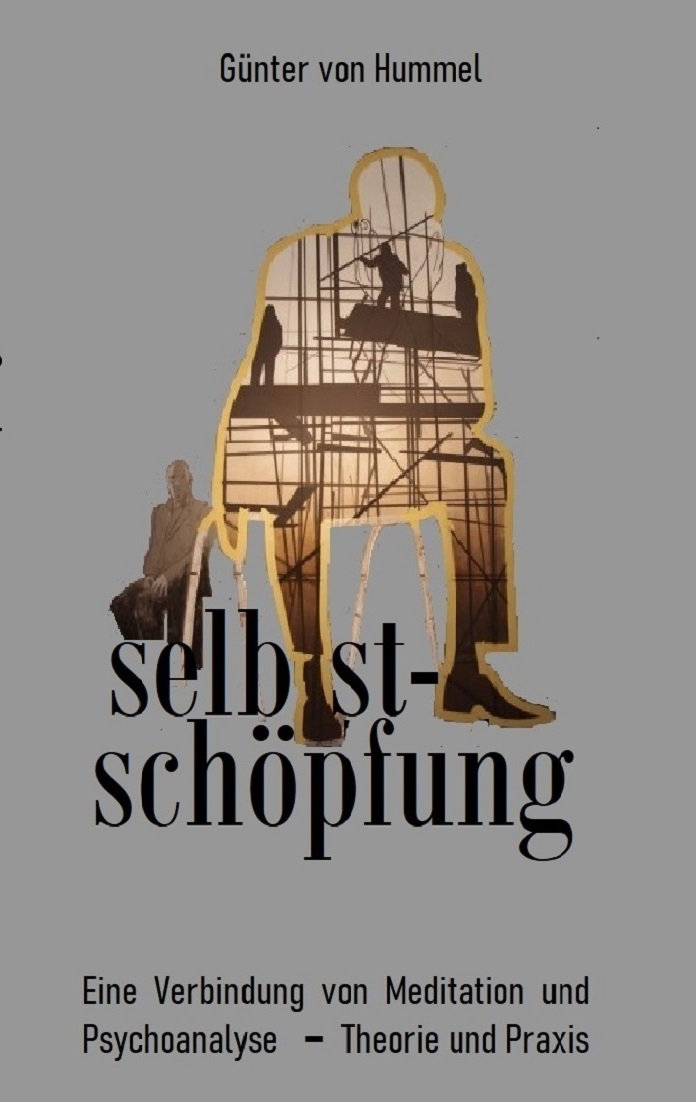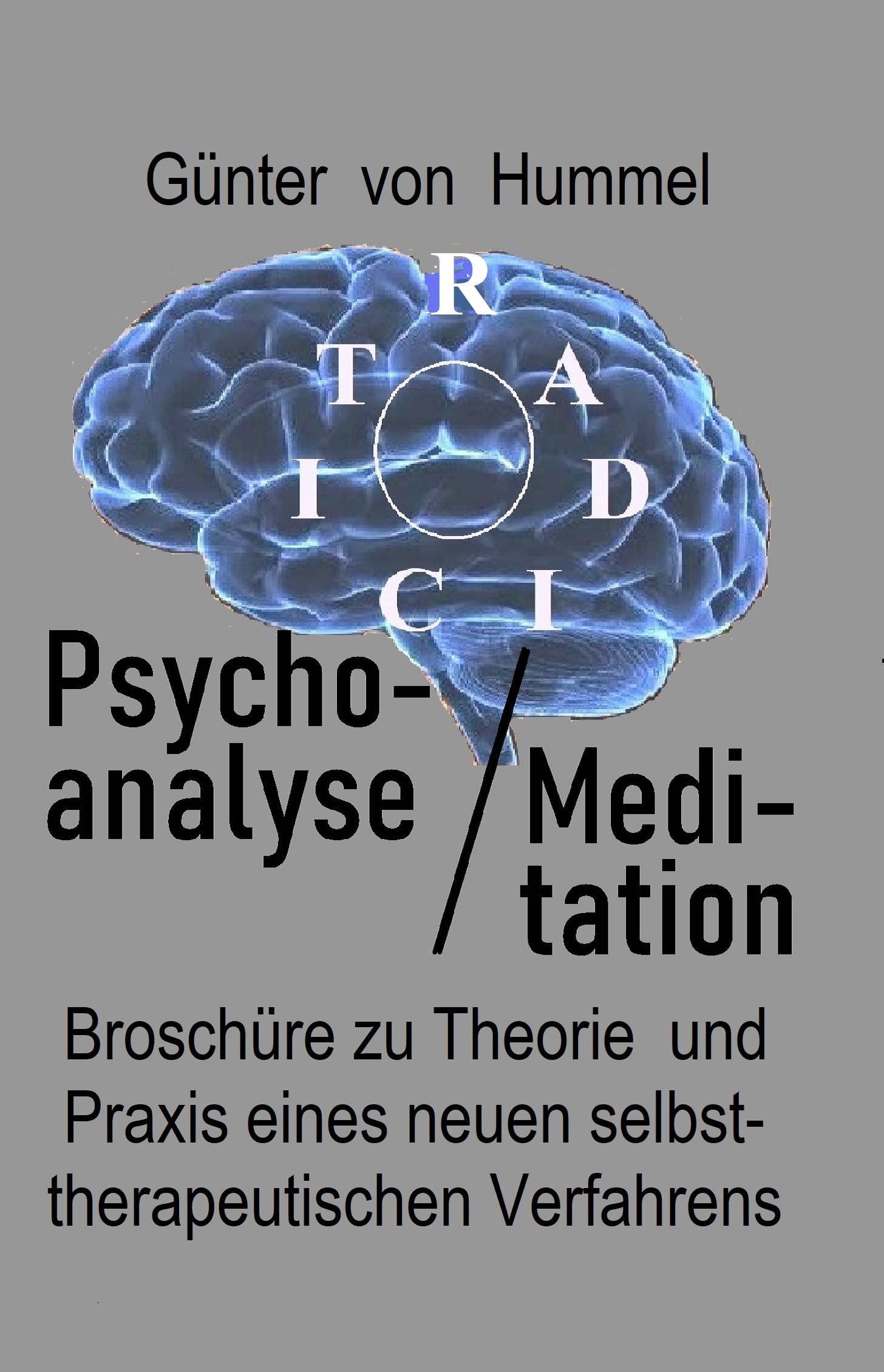This dialogic seductive assumption, which he offers us while listening until he can give an acceptable interpretation – isn’t it located at the same level at which the Sat guru promises to let us see God, were we only to follow a few rules he set up?
While (I am tempted to say :) ‘a game is played’ with the ‘gaze-image’ in Surat Shabd Yoga, the same organizes itself in psychoanalysis because the strongest of fantasies can be triggered through what is not shown. Nevertheless, both can learn from each other, as a ‘gaze-image’ in analysis can be used more flexibly and would be conceptualized more clearly in its lateral and counter-positions to the teacher’s ‘sound-word’.
Subsequently, it is the ‘sound’, the SPEAKS, the ‘sound-word’, or Other’s echo rhetoric that, in contrary to the ‘wording’, needs to be transferred in verbal expressions. This was lacking in Surat Shabd Yoga, where a student rarely held a speech to say something constructive in his own words, instead of only rhapsodizing about a ‘master’ and repeating his words echo-like.
When a patient ‘freely associates’ in analysis, he sometimes misspeaks, and what he intended to say results in a ‘sound-word’, or resonant rhetoric of exactly what the harnish substance of unconscious suppressed objects is. The ‘measure’ of noble feelings changes into ‘hate’ of suppressed thoughts, ‘garnished’ changes into ‘tarnished’, ‘cry’ turns into ‘pry’, and out comes the truth. In Surat Shabd Yoga it’s vice versa: a guru’s „Pershan“ (strong ‘Darshan’) is not only dazzling, but also makes aware of errors.
It wouldn’t be bad if the guru would then receive an association from the individual, returning it as an interpretation, and thus preventing the latter from being left alone with a sense of guilt. On the other hand, the analyst could sanction a discovered truth with a gaze so that a hundredfold revelation of a slip of the tongue need not be. Even if the abstinence of gazes would make sense in general, there could be moments and exceptions in which they just might open and budge the unconscious. The East and the West could permanently learn from each other.

